How a family business survive, recover from the pandemic?
About 80 percent of businesses in the Philippines exists as a family business. Before Covid-19, most owners struggle to answer two questions. How to grow beyond small? How to build a legacy that lasts several generations?
Today they cry. How can the family business survive and recover from the pandemic?
For over five months now, the Philippines faced different levels of quarantine. During this time, new entrepreneurs surfaced. New ways of doing business emerged. For instance, some barbecue stands advertise in subdivision chat groups. And these hyper-micro businesses offer to deliver. Others offer to buy and deliver your groceries for you.
‘New Normal’ task for family businesses: Be easy to cover
Your family business needs digital PR to gain attention online
One can search on Facebook for micro food suppliers, for example, of steamed rice and siomai. Then add along with these, for example, homemade milk teas or lemonades.
Examples of family business stories
To help budding family businesses, PRWorks Inc. drew up this updated list of eight successful Filipino family businesses. Take a peep and learn from what they are doing.
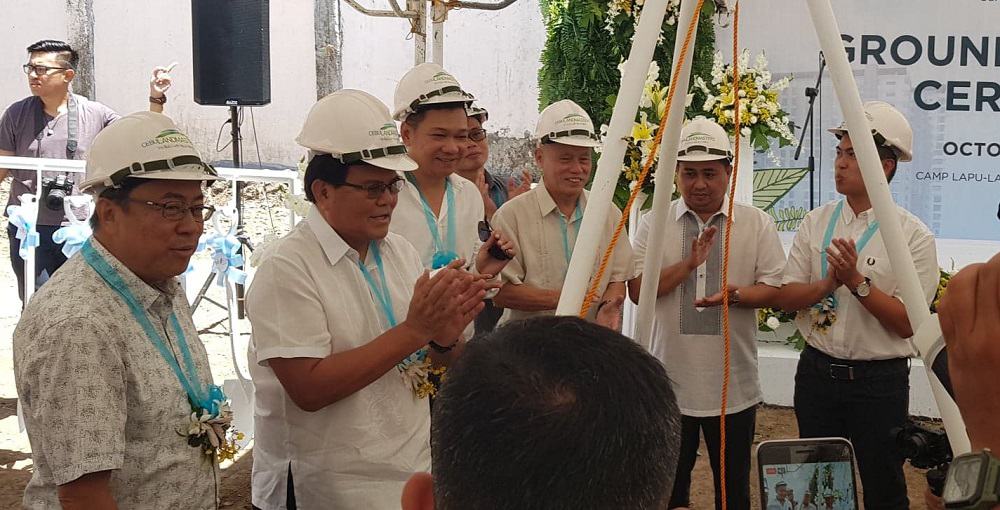
Cebu Landmasters Inc
Cebu City experienced the continued rise of Covid-19 cases and continued lockdown. While many businesses found the lockdown adverse, the Cebu Landmasters, Inc. (CLI) did not.
“The driver for growth for CLI has been (its) mid-market and economic segment, Casa Mira. This brand gave CLI a great advantage,” said Philstocks Financial Inc. research associate Piper Chaucer Tan.
CLI’s operations and geographic revenue path are not only Cebu. It spread in strategic VisMin cities. These include Bacolod, Iloilo, and Davao. Shares of property firm Cebu Landmasters Inc. (CLI) remained resilient despite the coronavirus disease 2019 (Covid-19) global pandemic.
Not bad for CLI founder and CEO Jose Soberano. Years ago, he left as vice president of an Ayala subsidiary to build CLI, his own family’s real estate company. Soberano is CLI’s president and chief executive officer. His wife, Marose, is the executive vice president for finance. Franco, the son, is the senior vice president and chief operating officer. And the daughter Joanna Marie is the vice president and marketing director. With Cebu as his base, Soberano envisions CLI as the most preferred developer in VisMin.
Today, CLI has projects in major urban centers in Visayas and Mindanao.
Cebu Landmasters shows leadership in affordable housing
Insights from Visayas and Mindanao
Dads in media: Father’s Day quarantine stories

Pages Holdings Inc.
The long lockdown in Cebu City hit the locally-based food brands of the Pages Holdings Inc. But, CEO Bunny Pages remains unfazed.
For instance, he offered the spacious parking lot of the Lantaw Restaurant in Talisay City for public use. Space became the temporary south bus terminal.
At 49 years old, Bunny Pages decided he will organize Pages Holdings Inc. (PHI) in August 2003. He started with two brands — Thirsty Fresh Juices and Shakes and Mooon Cafe. Now, the company has grown into 11 brands and counting.
Cebuanos know the House of Lechon, Lantaw Native Restaurant, and Mooon Cafe. There is also Top of Cebu, Sushi Boy, Cafe Racer, Mismukuno Teppanyaki, and Taters. The brands include Shaka Hawaiian Restaurant and Daplin sa Dagat. The Pages group also owns Kampo Grill & Bar and Summers Frozen Delights. They also operate Fruitfull and Thirsty.
Even so, Pages believed in his mission of serving great tasting food and beverage.
Pages saw the wisdom in running PHI as a family business. Thus, Pages involved his children — John, Charlie, Randy, Cheryl, and Michael — from the very start.
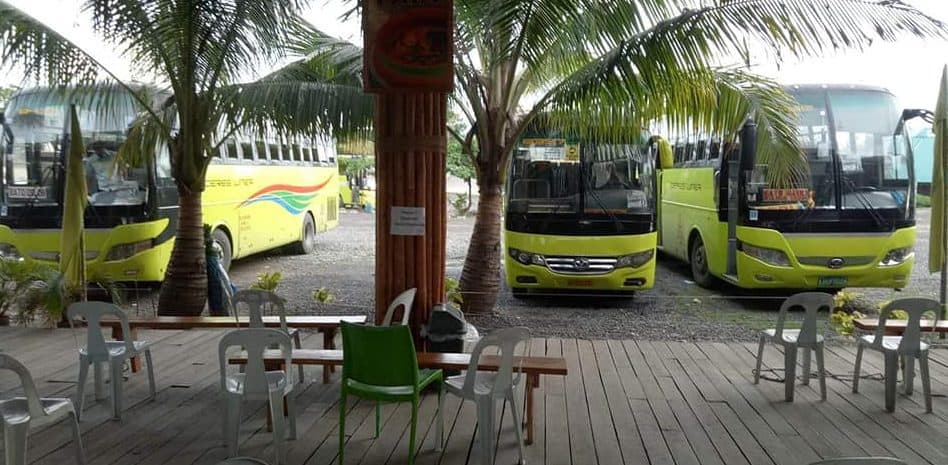
United Laboratories (Unilab)
The United Laboratories (Unilab) is ready to help during the global Covid-19 pandemic. The biggest pharmaceutical manufacturer in the Philippines addressed the need for medicines.
It donated medicines, vitamins, and personal protective equipment to health frontliners. The drug maker provided hospitals with needed ventilators. The Firm even set up a portable RT-PCR testing laboratory.
Unilab response to the Covid-19 pandemic.
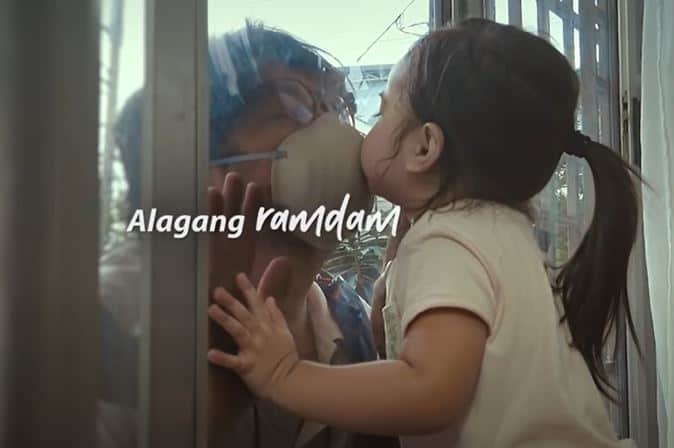
Unilab began as a small drug store in Binondo, Manila founded by Mr. J.Y. Campos and Mr. M.K. Tan in 1945. Unilab now develops, manufactures, and markets leading brands in the Philippines and abroad. It also operates in Indonesia, Thailand, Malaysia, Singapore, Hong Kong, Vietnam, and Myanmar.
Still, the company’s major manufacturing complex remains in Manila. Unilab now exists the largest pharmaceutical manufacturer in the Philippines. Its Philippine income can compare with its top three largest multinational competitors combined.
Campos’ eldest daughter Jocelyn “Joy” Campos Hess Unilab now heads Unilab. His Wharton-educated eldest grandson Clinton Campos Hess is vice-chairman.
Jollibee Foods Corporation
![]()
The Filipino fast-food giant Jollibee Foods Corp. (JFC) has embarked on a new strategy. It opened the first of future “cloud kitchens” in Chicago.
This is part of the P7 billion global restructuring to cope with the new COVID-19 pandemic. The strategy aims to streamline nonperforming stores. It then plans to beef up delivery, takeout, and drive-through services. This is happening especially in the Philippines, China, and North America.
In cloud kitchens, brands rent a space to carry out services for delivery and takeout only. The cloud kitchen business model involves lower operational and upfront costs. High rent, labor, and interiors would not matter. As of April, Jollibee has 5,945 stores worldwide, 3,317 of which are in the Philippines.
The fast-food restaurant chain began in 1975. Tony Tan Caktiong and his family opened an ice cream parlor in Cubao, Quezon City. In 1978, they hired a consultant who shifted the business focus. Today, Jollibee has become one of the biggest fast-food chains in the world. The American-style fast-food restaurant has Filipino-influenced dishes. It specializes in burgers, spaghetti, chicken, and some local Filipino dishes.
Jollibee outlets spread all over the Philippines. One can also locate outlets in several countries abroad. One finds Jollibee in the United States, Canada, Italy, and the United Kingdom. In the Middle East, Jollibee is in Saudi Arabia, Kuwait, Oman, Qatar, United Arab Emirates, and Dubai. In Asia, Hong Kong, Macau, Vietnam, Malaysia, Indonesia, Singapore, , Brunei, and Oceania.
New Normal task: Be easy to cover
GT Cosmetics Manufacturing Inc.
Engr. Leonora Salvane and her family began GT Cosmetics at their house in Lilo-an, Cebu way back in 1994. She would make her papaya soap and cut it in small rectangular pieces at the kitchen. Meanwhile, her kids helped out in wrapping the finished products.
The business at first expanded via word of mouth. The initial users found her soaps effective. By 2008, Engr. Salvane envisioned growth beyond the island of Cebu and engaged PRWorks. The agency became a partner until 2014.
In 2009, she already had seven production staff and 50 promo personnel. The home-based operation had expanded into a factory. In 2012, Engr. Salvane inaugurated her second factory in Marilao, Bulacan.
Today, GT Cosmetics markets its full line of skincare products abroad. The firm has a presence in markets in the United States, Europe, and ASEAN neighbors.
GT Cosmetics bared a list of outlets that has continued selling the firm’s products. Customers can also reach them via Facebook amid the ongoing quarantine.
SM Group of Companies
In 1958, Henry Sy started Shoemart (SM) in Carriedo, Manila. He bought shoes from the United States and sold these. Soon he transformed his shoe store into a department store.
At this point, Sy set up his second company the SM Department Store Inc. He began selling stocks to department stores.
In 1978, Sy began buying supermarkets at the northern end of EDSA in Quezon City. He built his first mall, SM City North EDSA in 1994. By this time, he listed his companies at the Philippine Stock Exchange, SM Prime Holdings Inc. By 2005, Sy inaugurated the SM Investments Corporation.
When Sy died this January 2019 at 94, the business magnate’s children remain key players. Henry Jr., and eldest daughter, Sy-Coson, served co-vice chairpersons at SM Investments. Their brother, Harley Sy is an executive director.
In 2018, Henry Jr. launched a cement business. The Big Boss Cement Inc. rode on the Philippines’ construction boom. Their brother Hans Sy became the chairman of the executive committee of SM Prime.
Herbert Sy serves as an adviser to the board of SM Investments Corporation. He is currently the vice-chairman of three firms. These are the SuperValue Inc, Super Shopping Market Inc, and Sanford Marketing Corp. He is also the director of China Banking Corporation. Elizabeth Sy serves as chairperson and president of SM Hotels and Conventions Corporation. This is the family’s hospitality and leisure business.

Aboitiz Group of Companies
The Aboitiz story began in the 1920s with the founding of Aboitiz & Company. The company traded in abaca. Unfortunately, the price of abaca dropped. This pushed the company to the brink of bankruptcy.
But Don Ramon Aboitiz resisted calls to fold up. Instead, Don Ramon borrowed money from banks and friends. He was able to revive the business and pay back the debts.
In 1992, the Aboitiz Group carried out changes to professionalize the organization. The private, family-owned business formed Aboitiz Equity Ventures, Inc. (AEV) and listed it on the Philippine Stock Exchange in 1994. The Aboitiz & Co. put into AEV’s basket the best and most profitable businesses it had. These included the power generation and distribution businesses of Aboitiz & Co.
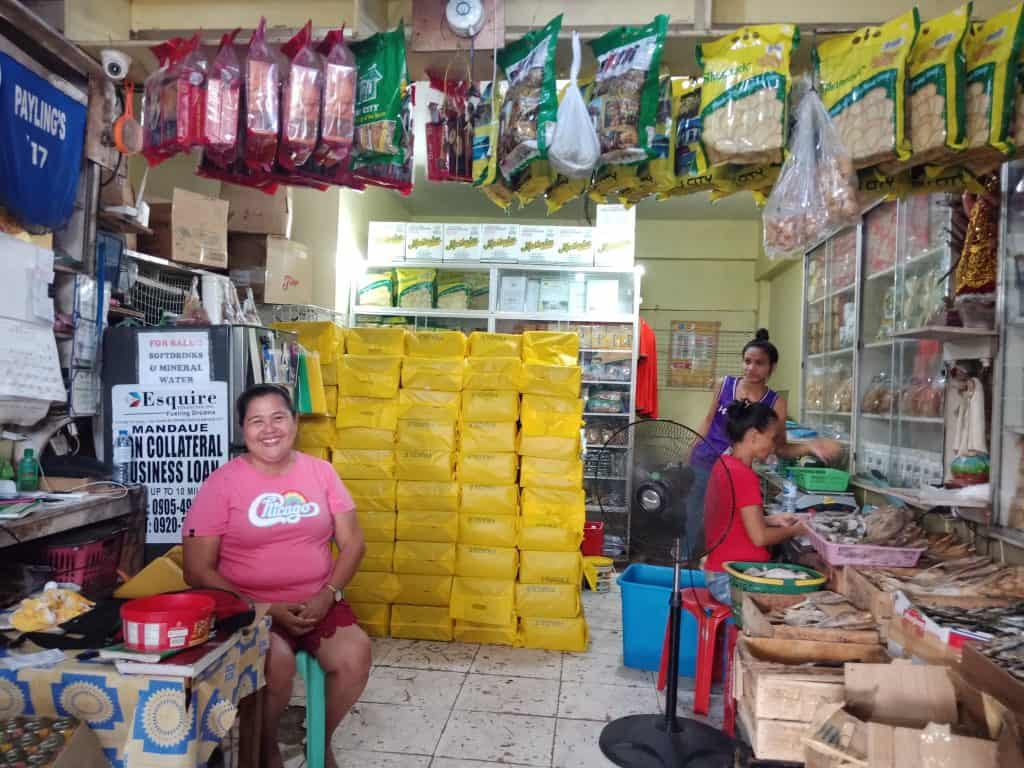
Goldilocks Bakeshop
The Philippine bakeshop chain first opened in 1966 as a family business. Two young women, sisters Milagros Leelin Yee and Clarita Leelin Go, loved to bake. They decided to do business of this hobby.
They started in a one-door apartment of a two-story structure on Pasong Tamo Street, Makati. Sister-in-law Doris joined them.
Today, Goldilocks has at least 18 stores in the United States and two in Canada. It also has at least one store each in Thailand, Singapore, and Hong Kong. It has established 192 branches throughout the Philippines.
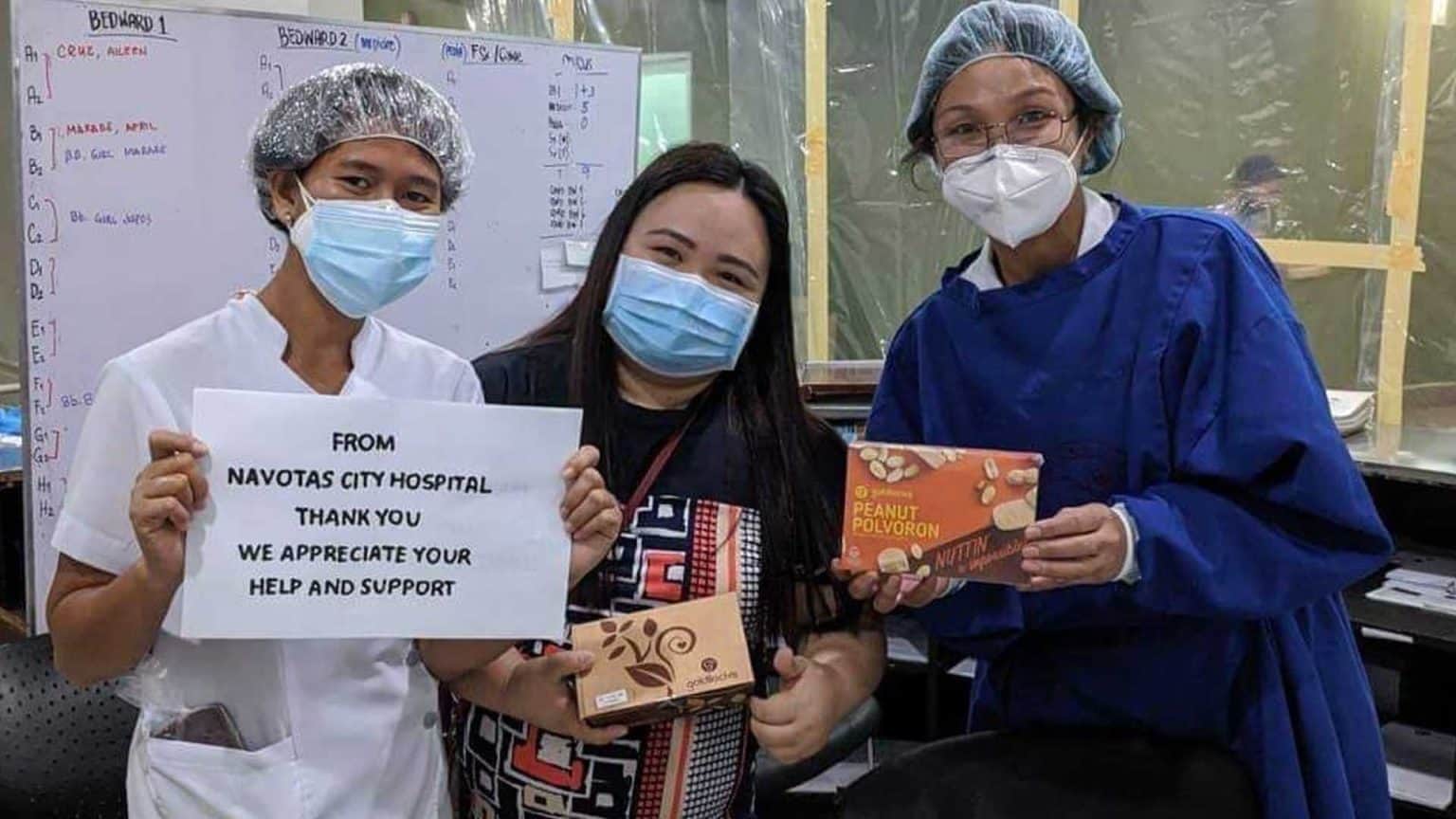
Unity and Vision
Many articles focus on the business urge to pivot and adapt to the new situation. But for families running businesses, effecting change can be difficult. A lot of issues are on the line. The tightening of belts follows and resistance might surface. To manage change, family businesses need the following:
1. Unity
Gather everyone. Family members involved in the business should be well informed. They need to know the severity of the situation and the challenges moving forward. Unity is key in this turbulent and uncertain period.
2. Vision
Basic to unity, the family should continue to share the vision. Lack of a shared vision threatens the sustainability of a family business. This is crucial when the owners involve multiple generations.
Succeeding as a family business in Visayas and Mindanao
The eight family business successes above showed ways of adapting to the “New Normal.” Consider the following:
Going digital
Economic recovery does not mean going back to the old way of doing business. With the bulk of the customers told to stay at home, one way to reach them would be going online. GT Cosmetics relies on its Facebook page to announce where products are available. Others do more sophisticated and effective use of digital PR and marketing.
Adapt to more efficient delivery systems
The Jollibee “cloud kitchen” experiment serves as a model for food entrepreneurs. Locating the Cebu south bus terminal at the parking lot brought customer traffic. The Lantaw Restaurant now enjoys brisk sales. Spread and grow in VisMin urban centers
Cebu Landmasters Inc. proved the effectiveness of its pre-COVID strategy. Expanding to urban centers in Visayas and Mindanao delivered.
Concern for community
Unilab and the Aboitiz Group, meanwhile, helped the community during the quarantine. These family businesses earned goodwill for the brands.
Think community during quarantine
Towards a stronger family business
Although family businesses compose 80% of all businesses in the country, 2,520 small and medium enterprises closed down every year since the year 2000. Expect more to close down this year.
But expect more will emerge especially in the Visayas and Mindanao. Those that survive will be tougher and more agile. Along this line, PRWorks Inc. launched VisMin Speaks.
VisMin Speaks seeks publish views of thought leaders. The series aims to understand the political-economic situation in the Visayas and Mindanao. This forum airs voices from the vast territory in the Philippines called VisMin. Those interested can tell us about it in an email to [email protected].
More about telling your story and Public Relations
Start Making PR Work For You
Get in Touch Now
How can I help my Philippine family establish their own family business ? They want to begin but all the know is it’s lots of money. And as a family business they don’t want employees. Even though they want to get paid from the business. Can you advise me?
Hi Joseph, sorry for this very late reply. I hope you still want to know some answers. Still, I want to know what kind of business they want to go into. Our public relations business began when a Manila-based family friend asked my wife to help in a PR-related event in Cebu, which is in central Philippines. I want to help because I was then the managing editor of the city’s biggest tabloid. Soon, when our kids graduated, we absorbed them into the business.
There are a number of resources you would want to read though. For beginners, maybe this should help:
https://startupnation.com/grow-your-business/12-keys-to-family-business-success/